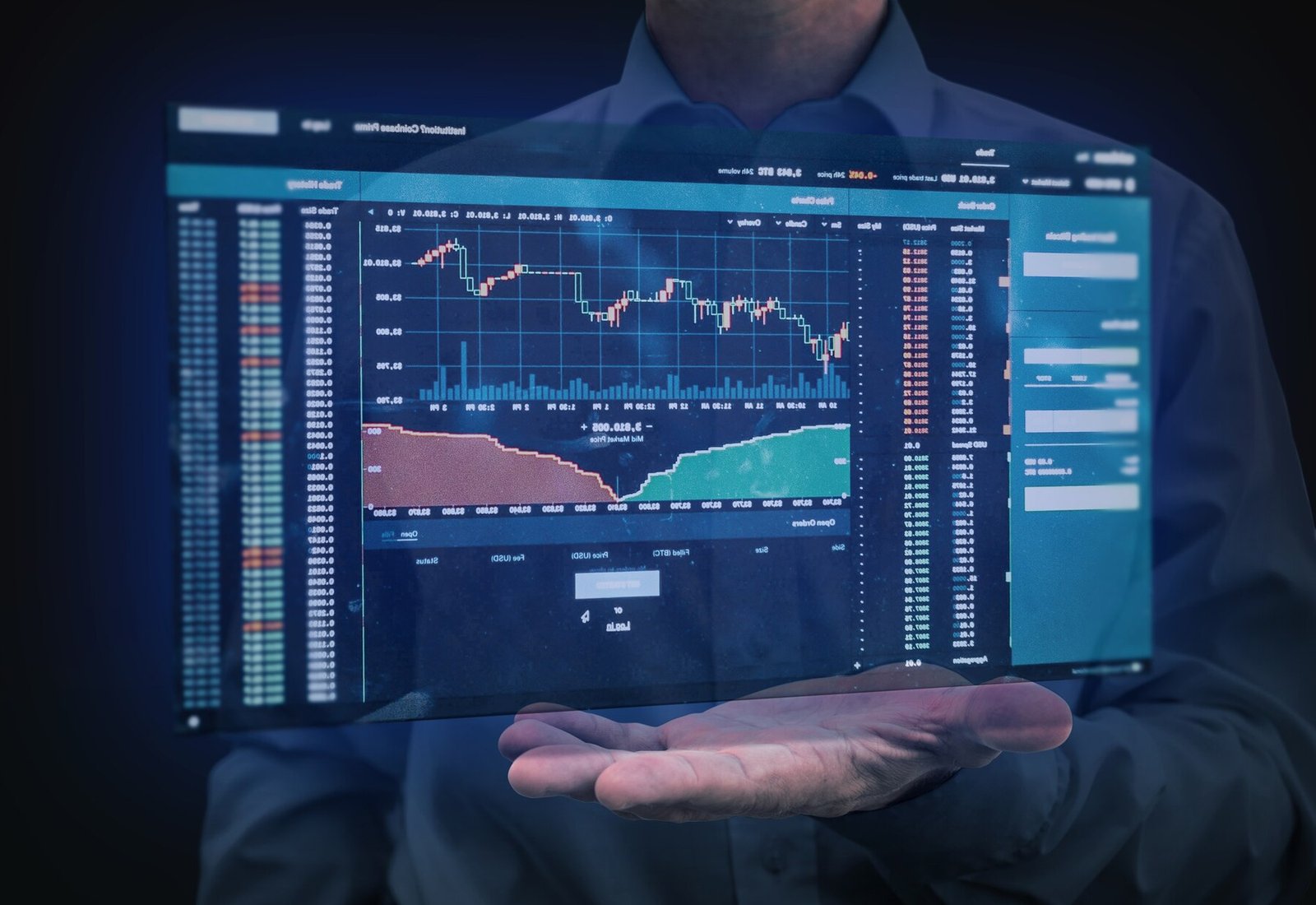Forex, short for foreign exchange, is a decentralized global market where currencies are traded. It’s the largest and most liquid financial market in the world, with an average daily trading volume exceeding $6 trillion. While it offers immense opportunities for profit, it also carries significant risks. In this beginner’s guide, we’ll explore the basics of forex trading and essential tips for navigating this dynamic market.
Understanding Forex Trading:
Forex trading involves buying one currency while simultaneously selling another. Currencies are traded in pairs, with each pair representing the exchange rate between the two currencies. For example, in the EUR/USD pair, the euro is the base currency, and the US dollar is the quote currency. If you believe the euro will strengthen against the dollar, you would buy the EUR/USD pair.
Key Players in the Forex Market:
1. Banks and Financial Institutions: Central banks, commercial banks, and investment banks are major participants in the forex market, facilitating transactions for clients and managing currency reserves.
2. Retail Traders: Individual traders like you and me participate in the forex market through online trading platforms offered by brokers.
3. Corporations: Multinational corporations engage in forex trading to hedge against currency risk when conducting international business transactions.
4. Hedge Funds and Institutional Investors: These entities trade currencies to profit from short-term price movements or to hedge against other investments.
Factors Influencing Forex Prices:
Several factors influence currency prices, including economic indicators, geopolitical events, interest rates, and market sentiment. Understanding these factors and their impact on currency values is crucial for successful trading.

Essential Tips for Forex Trading Beginners:
1. Educate Yourself: Take the time to learn the fundamentals of forex trading, including how currency pairs are traded, technical analysis, and risk management strategies.
2. Start Small: Begin with a demo account to practice trading without risking real money. Once you’re comfortable, start trading with a small amount of capital and gradually increase your investment as you gain experience.
3. Develop a Trading Plan: Define your trading goals, risk tolerance, and strategy. A well-thought-out trading plan will help you stay disciplined and avoid emotional decision-making.
4. Manage Risk: Use stop-loss orders to limit potential losses and adhere to proper position sizing to preserve your trading capital.
5. Stay Informed: Keep abreast of market news and economic developments that could impact currency prices. Utilize economic calendars and news sources to stay informed.
6. Be Patient and Disciplined: Forex trading requires patience and discipline. Avoid chasing quick profits and stick to your trading plan even during periods of market volatility.

